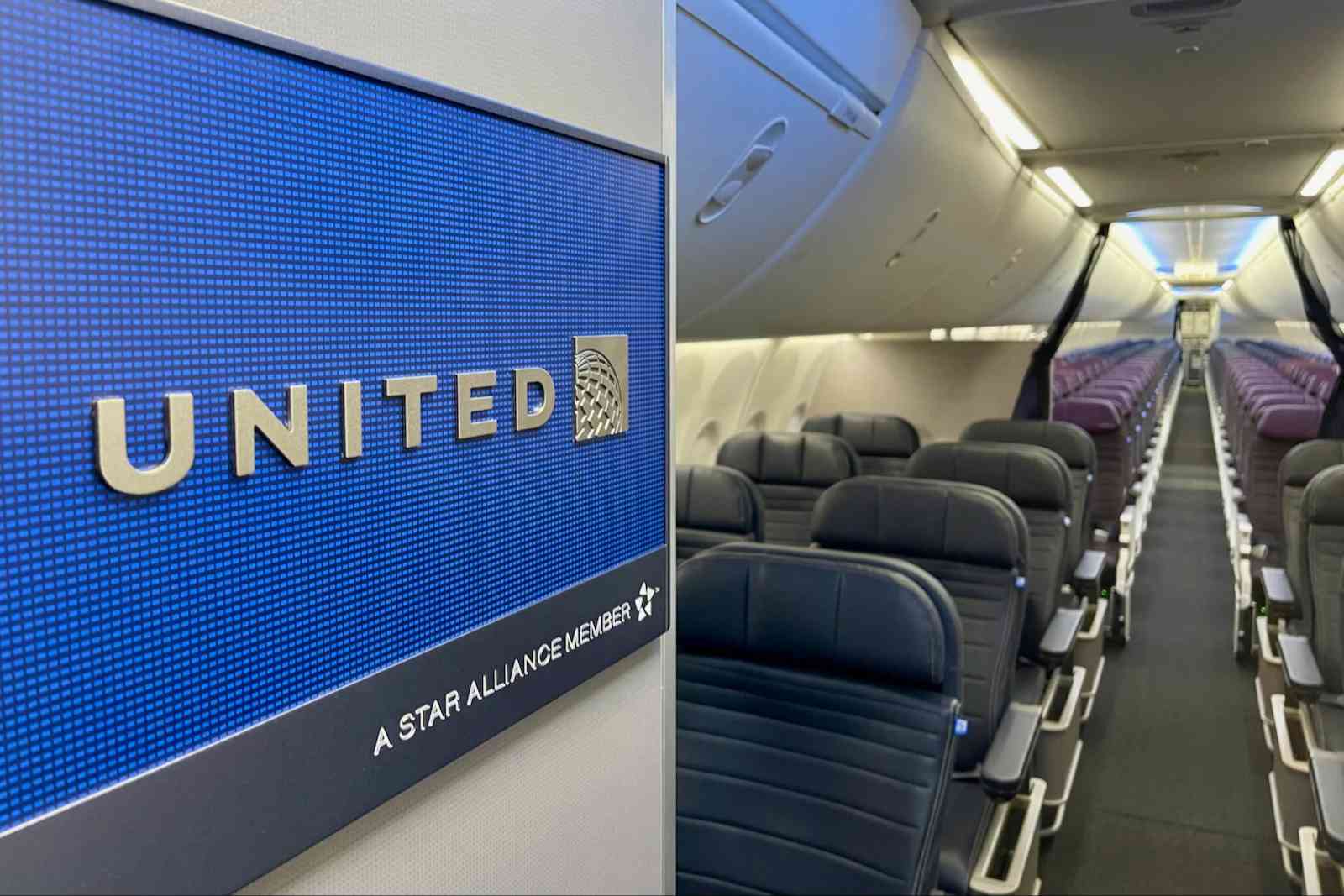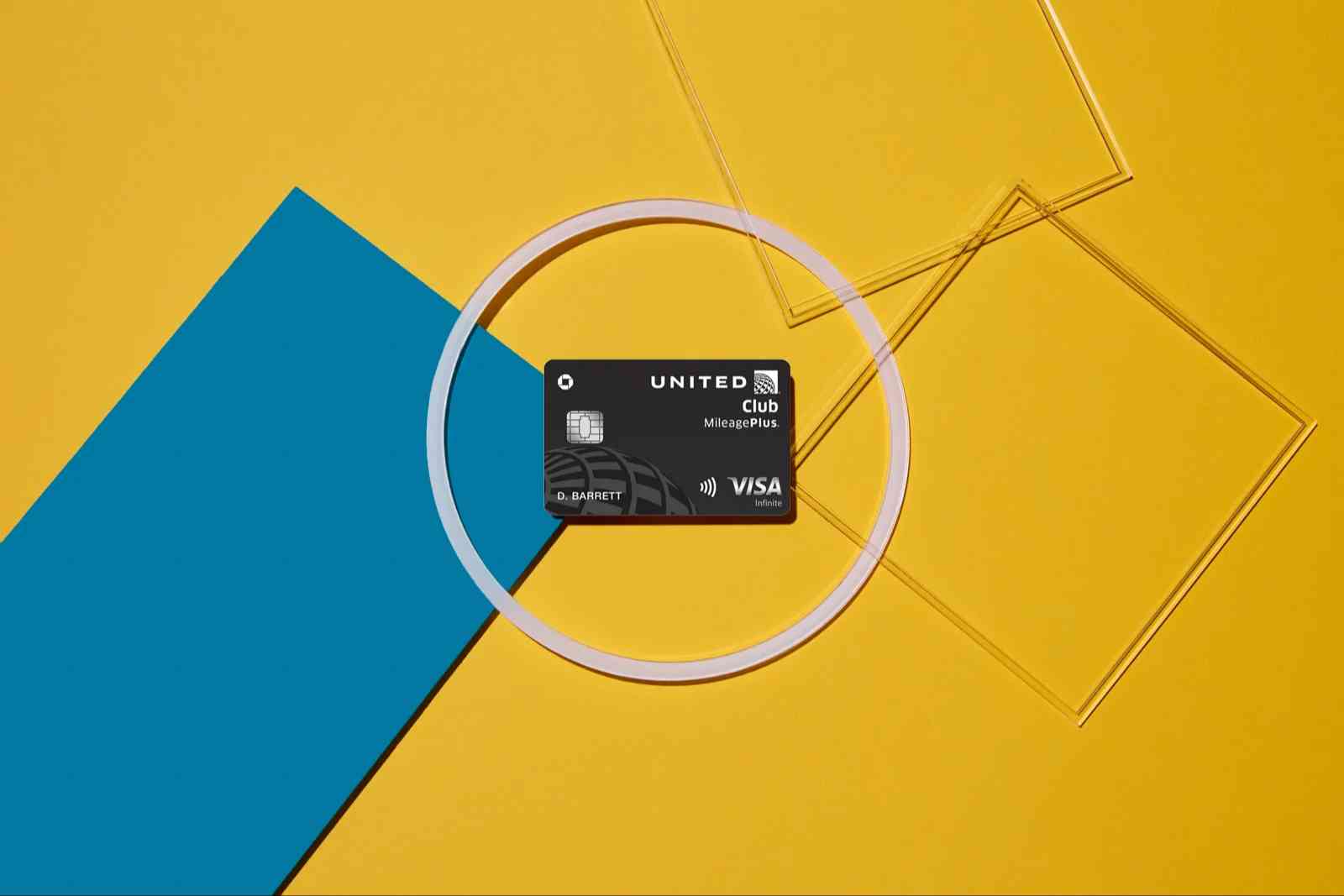The Citi Custom Cash® Card is a popular no-annual-fee credit card with an uncomplicated but valuable rewards program. It’s a great option for people looking for a simple way to earn cash back consistently without dealing with rotating bonus categories.
But if you’re looking for the one perfect credit card that helps you earn as much cash back as possible on all of your everyday spending, the Custom Cash Card may not get the job done.
Here’s when the Citi Custom Cash Card may be the best cash back credit card for you.

When is the Citi Custom Cash Card worth it?
For most, the best part about the Citi Custom Cash Card will be the 5 percent cash back in your highest eligible spending category each billing cycle, up to $500 (then an unlimited 1 percent cash back on all purchases).
The eligible categories include plenty of everyday selections, including groceries, gas, restaurants, fitness clubs and select streaming services, among others. And if you want to plan a vacation or need to make renovations to your home, your top spend category can also be travel or home improvement stores.
Depending on your spending habits and the card features that matter most to you, there are a few more perks that will increase the card’s value. Here’s a look at three times it makes sense to use the Citi Custom Cash Card.

When you want to keep things simple
The Custom Cash Card’s rewards program is easy to use. You automatically earn 5 percent in the eligible category that you spend the most in each billing cycle (up to $500 per billing cycle, then 1 percent). You don’t have to enroll in any categories, and if the Custom Cash Card is your only credit card, you won’t have to spend energy remembering which credit card to use for every purchase.
This will be especially appealing to anyone who wants to avoid credit cards with rotating bonus categories. These bonus spending categories are picked by the card issuer and typically are only offered on a quarterly basis. Most of these cards also require enrollment in the bonus categories each quarter, which can be a hassle for people who want to earn rewards without jumping through so many hoops.
And compared to the best flat-rate credit cards, the Custom Cash Card packs more value if you don’t spend a lot of money. People who can max out the $500 spending limit in the 5 percent category will earn $25. If you used a 2 percent cash back flat-rate card, you would need to spend $1,250 to earn the same $25 amount. For this reason, people on a budget looking for a set-it-and-forget-it card can squeeze more value out of the Custom Cash Card.
When you want a credit card with good short-term value
Eligible new cardholders can take advantage of two short-term perks: A sign-up bonus and a long intro APR offer on purchases and balance transfers.
The welcome offer (20,000 ThankYou points, worth $200 in cash back, after spending $1,500 in the first six months) is a nice feature. It’s a fast way to earn cash back that won’t break most budgets, since you only need to spend $250 a month to hit the target goal.
If you only used the credit card for purchases that normally qualify for the 5 percent cash back category, it would take eight months and $4,000 in purchases to earn $200. That’s why a sign-up bonus is a nice incentive for responsible users who want to maximize their credit card rewards.
The Custom Cash Card also lets users make interest-free payments for 15 months on purchases and balance transfers (then a variable APR of 19.24 percent to 29.24 percent). This isn’t the longest introductory offer out there, but cards with longer offers typically don’t earn high rewards like 5 percent cash back.
Using a credit card with a 0 percent intro period is a great way to pay down card debt faster. It’s also helpful when you need to use a credit card to make large purchases.

When you pair it with other credit cards
People who tend to carry multiple credit cards and don’t mind strategizing ways to get as much value as possible out of every card will enjoy the Custom Cash Card. Since you only earn 5 percent cash back in one bonus category (on up to $500 per billing cycle, then 1 percent) and 1 percent on all other purchases, use the Custom Cash Card for purchases that fall into one of the card’s eligible spend categories. Any other purchases should be put on another rewards card.
In fact, since the Citi Custom Cash technically earns ThankYou points, redeemable for cash back, it’s a good pair with the Citi Premier® Card*, which also earns ThankYou points and allows you to transfer them to the Citi’s transfer partners.
When is the Citi Custom Cash Card not worth it?
The Citi Custom Cash Card has a lot to offer, but it does have some drawbacks. Here are two times you may want to look for a different cash back credit card.
When you want a standalone credit card that earns the most rewards
Since you’re limited to only one bonus category with a $500 spending cap each billing cycle (then 1 percent), the Custom Cash Card isn’t usually the best choice for a one-card wallet, especially if your priority is earning rewards.
Rewards-seekers looking for the best value may want to try a cash back card with multiple bonus categories that match their spending habits. One of the best alternatives to the Citi Custom Cash Card is the U.S. Bank Cash+® Visa Signature® Card*. Instead of just one bonus category, the U.S. Bank Cash+ card earns 5 percent cash back in multiple categories. You even have the freedom to choose two categories that earn 5 percent cash back (up to a combined $2,000 in eligible purchases each quarter, then 1 percent) and one everyday category that earns an unlimited 2 percent cash back.
Unfortunately, with the U.S. Bank Cash+ Card, you have to enroll in the custom 5 percent categories each quarter. If you don’t, you’ll earn only 1 percent on those purchases. It’ll take a little more work to use compared to the Citi Custom Cash, but it could be worth it since it offers more chances to earn high rewards.
When you want to save money with a balance transfer
The Citi Custom Cash Card may be a good choice for a balance transfer if you want to make interest-free payments for over a year. But if your main goal is to pay off debt while saving as much money as possible, it’s not the best choice for balance transfers.
The Custom Cash Card charges 5 percent or $5 (whichever is higher) for each balance transfer you perform. If you’re trying to transfer over a lot of debt, you might save money by looking elsewhere. Some of the best balance transfer credit cards only charge a 3 percent balance transfer fee.
Should you get the Citi Custom Cash?
For many people, the Custom Cash Card will be a clear winner. There aren’t a lot of credit cards that let you pick the category that earns 5 percent back, so people who spend a lot in bonus areas not typically covered by rewards cards will love the freedom to choose their own category to earn high rewards.
Just remember that the Citi Custom Cash automatically picks your top spend category based on your purchases (with no enrollment), so try to be conscious of what you use the card for. If you’re aiming for live entertainment to be your top category, for example, make sure you use the Citi Custom Cash for mostly those purchases and little else.
But the Custom Cash Card doesn’t usually make a good standalone credit card, especially for people who spend more than $2,000 a month. If you want to earn as much cash back as possible, you’ll need to pair the Custom Cash Card with other rewards cards or look for a better standalone card.

The bottom line
The Citi Custom Cash suits most moderate spenders who can keep their expenses at around $500 each month. However, if you can easily spend more than $500 in a month, consider pairing this card with another rewards card or shopping around for a different high-earning cash back card.
For more information on the card, consider reading our Citi Custom Cash benefits guide — including our piece on how to maximize the card for travel.
The information about the Citi Premier® Card and the U.S. Bank Cash+® Visa Signature® Card has been collected independently by Bankrate. The card details have not been reviewed or approved by the issuer.

